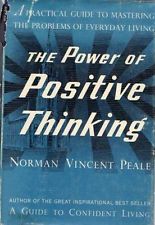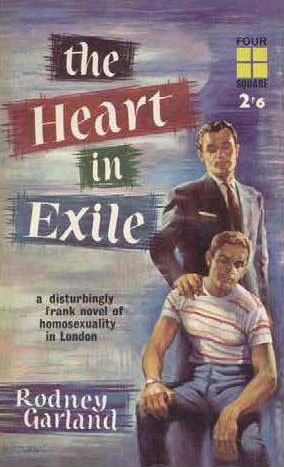 The Heart in Exile by Rodney Garland, W.H. Allen 1953
The Heart in Exile by Rodney Garland, W.H. Allen 1953
Cover line: A disturbingly frank novel of homosexuality in London
I discovered this gay British novel, not precisely a pulp but on the pulpy end of the spectrum, through a citation in my favorite book of 2015, The Spiv and The Architect. “Queer novels of the 1950s frequently exploited the continued currency of the traditional moral economy of furniture and design as a useful device for highlighting the domestic propriety of their respectable ‘homosexual’ protagonists,” wrote author Richard Hornsey, using The Heart in Exile as his example. He ties the novel’s detailed description of a bachelor flat to the way “a specter of malignant queerness haunted modern design,” leading to the perception of modern furniture as “an agent of corruption that would seduce children from the normative rituals of family life.” Who wouldn’t be intrigued?
The Plot: The suicide that ends many pulps starts this one. Tony Page, a queer, currently celibate psychiatrist takes on a new patient, Ann Hewitt. Continue reading →


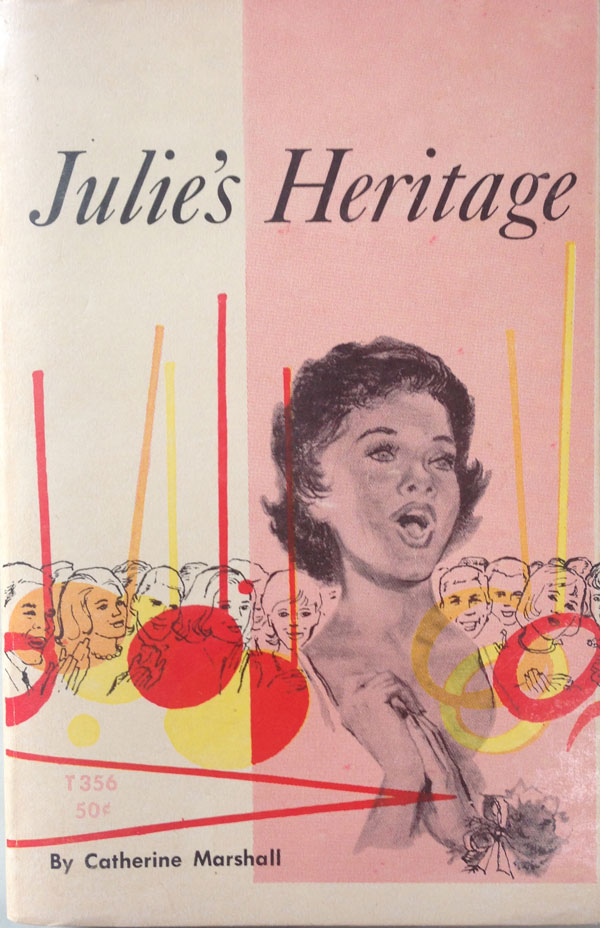
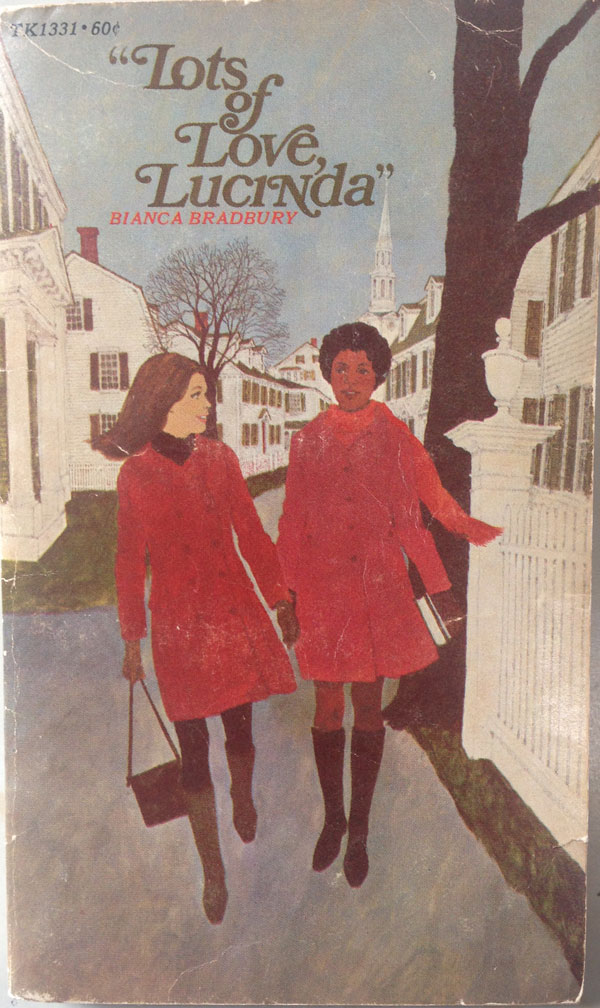
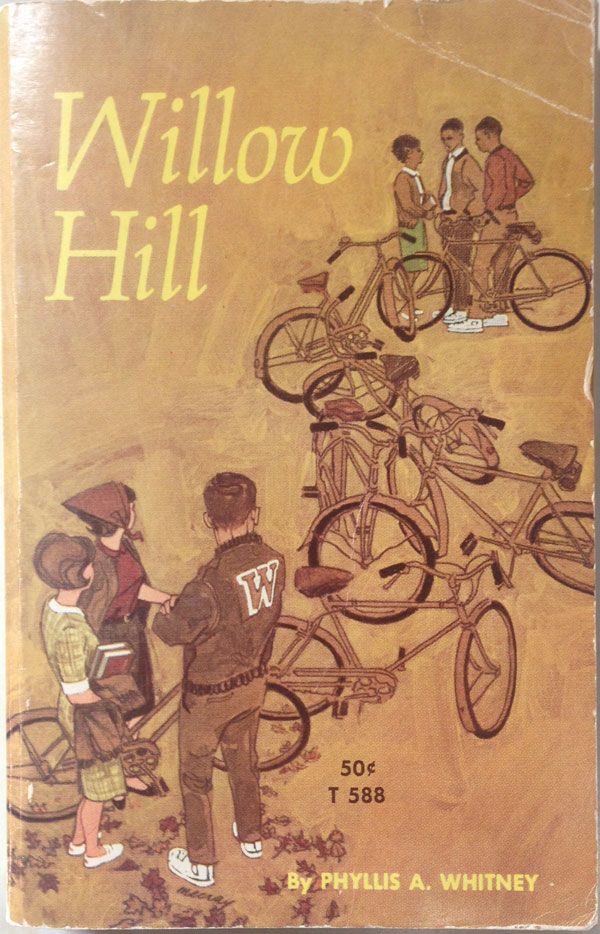


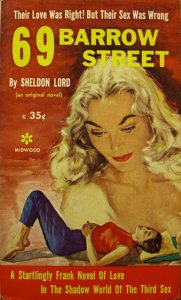 69 Barrow Street, by Lawrence Block writing as Sheldon Lord, Tower, 1959
69 Barrow Street, by Lawrence Block writing as Sheldon Lord, Tower, 1959